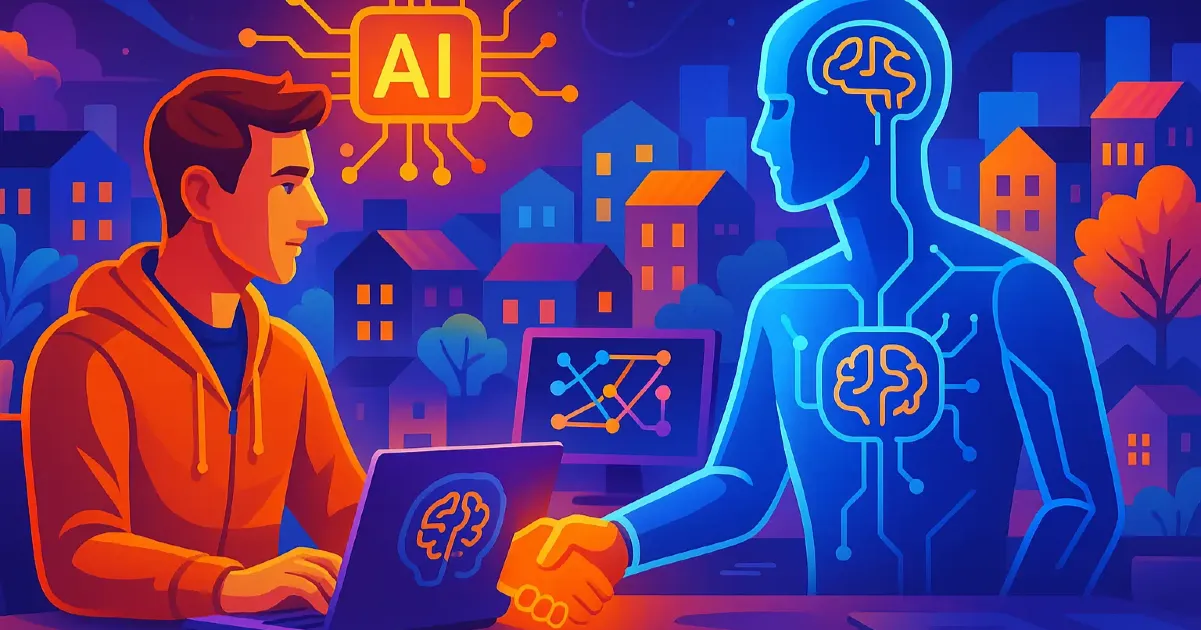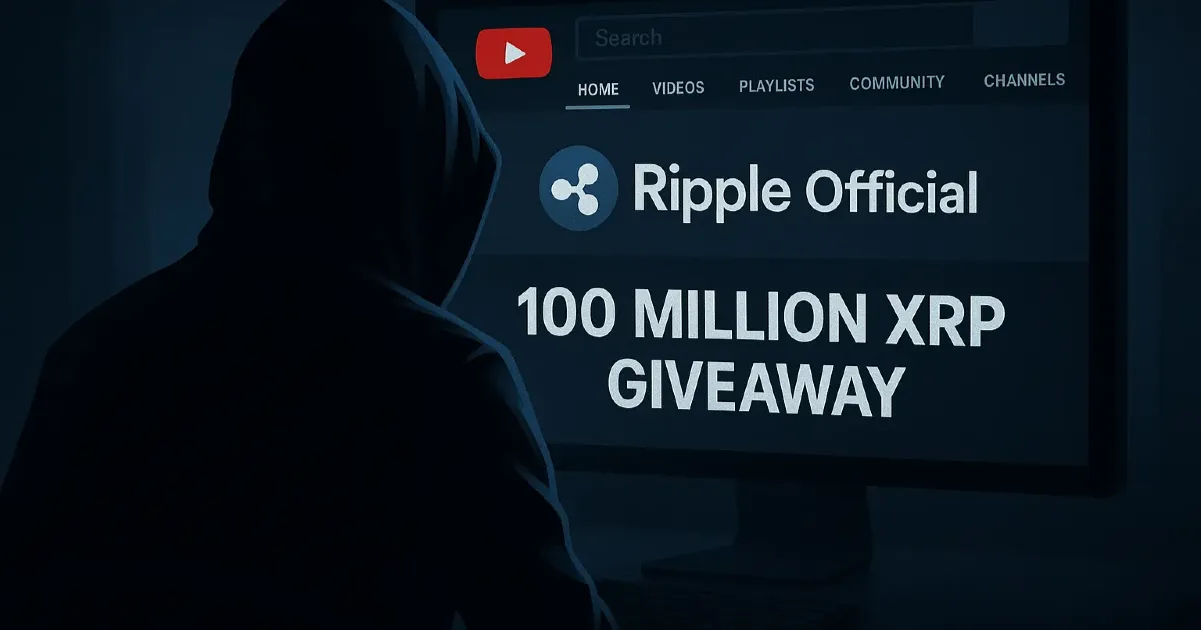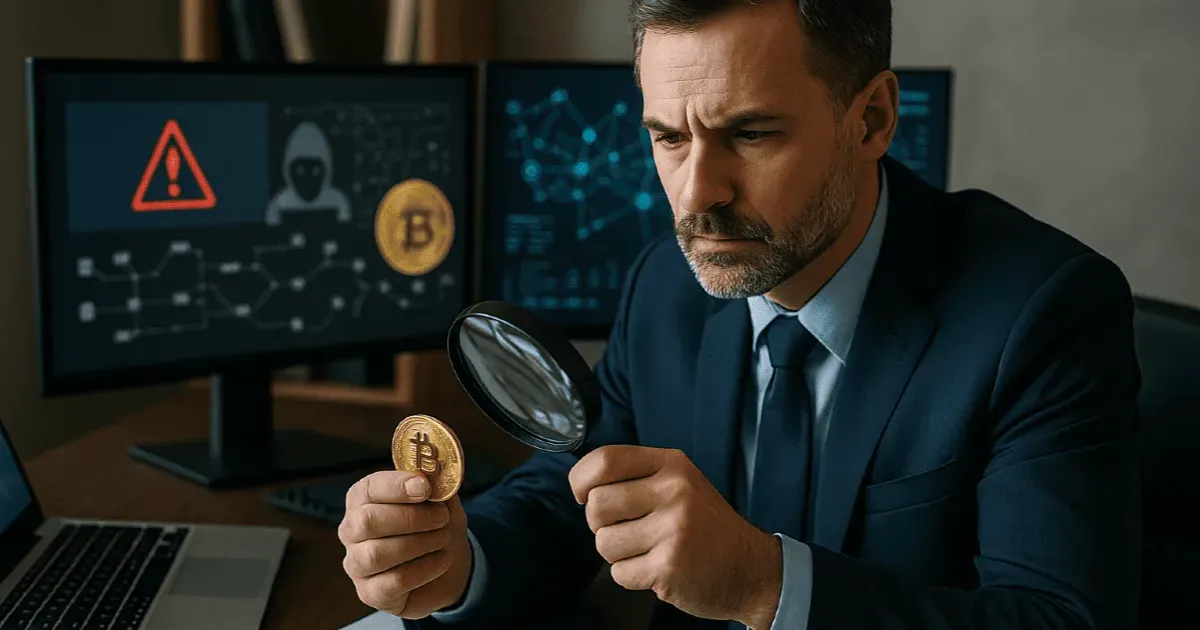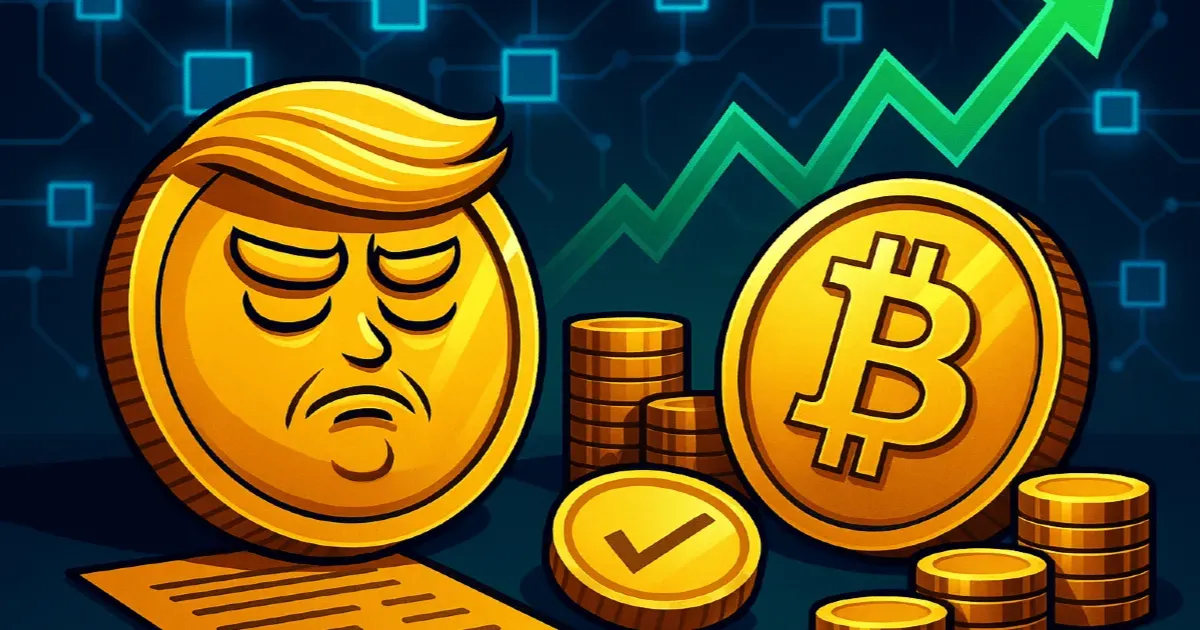Discover how decentralized AI is democratizing intelligence through open-source models, community governance, and local adaptation, ushering in a new digital Renaissance.
It’s happening quietly, steadily, and with profound momentum. A new wave of innovation is reshaping how we think about artificial intelligence. Not in laboratories or corporate boardrooms, but across neighborhoods, co-working spaces, and even small towns. This isn't just another tech trend. It’s a movement. Welcome to the Decentralized AI Renaissance, a return to open knowledge, community control, and the democratization of intelligence.
A Shift From Centralized Giants to Grassroots Builders
For the past decade, artificial intelligence has largely been the domain of tech giants. Access to powerful models and data was siloed, locked behind APIs, hidden fees, and black-box mechanisms. These systems, while impressive, came with a cost: opacity, bias, and control in the hands of the few.
But now, the tide is turning.
Across the world, developers, researchers, and local communities are reclaiming AI building, fine-tuning, and deploying tools that are open, transparent, and locally governed. This shift isn’t just technological; it’s cultural. The same way the Renaissance revived the ideals of shared knowledge, decentralized AI is reviving our right to build, understand, and co-own the future.
What Is Decentralized AI, Really?
Decentralized AI (DeAI) refers to the creation and deployment of AI models outside the purview of large centralized corporations. Instead of being controlled by a handful of companies, these models are
- Open-source
- Customizable to local needs
- Governed by communities
- Transparent in how they work and make decisions
This approach means that anyone from a rural developer in Nigeria to a university lab in Argentina can contribute to, modify, and implement AI models that suit their unique challenges.
It’s not just about breaking monopolies. It’s about relevance, context, and empowerment.
From One Model to Many Minds: The Rise of Community Governance
One of the hallmarks of decentralized AI is community governance, a model where decisions about AI development, deployment, and updates are made collaboratively. Think of it as the Wikipedia of AI, but with more math.
This means communities can:
- Vote on how datasets are curated.
- Collaborate on fairness and safety protocols.
- Decide collectively when to update or scale a model.
- Fine-tune models for regional dialects, healthcare challenges, or climate prediction.
This kind of governance introduces not just accountability but also local agency, ensuring that AI serves real human needs, not just boardroom KPIs.
The Power of Localization
Global AI models often fail to capture the nuances of regional life, language, culture, socio-political context, and even health patterns. With local adaptation, decentralized AI enables developers to create context-aware systems.
For example:
- A South Indian team trains a speech model that understands Tamil-English code-switching.
- A Kenyan clinic uses a DeAI model fine-tuned for fetal health diagnostics relevant to rural healthcare settings.
- A Latin American team develops an agriculture assistant that accounts for regional weather and soil data.
This is the real power of DeAI: AI that listens, adapts, and belongs.
Democratization of Intelligence: Why It Matters
In the 15th century, Gutenberg’s printing press democratized knowledge, igniting a cultural revolution. Today, open-source AI is having a similar effect, bringing intelligence to the masses.
Before DeAI, building AI required access to:
- High-cost cloud infrastructure
- Proprietary datasets
- Closed-weight models from Google, OpenAI, or Anthropic
Now, a coder with a laptop and an internet connection can tap into public repositories, train local models, and contribute to a collective AI future.
In effect, DeAI is not just technical progress; it’s a human right.
The Dangers of Centralized AI
To understand why decentralized AI matters, we have to understand what it’s pushing against.
Centralized AI run by megacorporations often brings with it:
- Hidden costs: You’re not just paying money; you’re giving away data, agency, and control.
- Opaque algorithms: You can’t audit the model, check for bias, or understand why it made a decision.
- Single points of failure: If an API goes down or terms change, entire businesses collapse overnight.
- Value extraction without reinvestment: Your queries fuel their models, but the benefits aren’t shared.
DeAI flips this on its head. Instead of being locked into someone else's system, you become a stakeholder in your own tools.
Transparency Isn’t a Feature, It’s a Foundation
Open-source AI isn’t just a buzzword; it’s an ethical imperative. When anyone can inspect the code, audit decisions, and trace data sources, we build trust. Transparency fosters innovation because ideas are shared, improved, and held accountable.
In the DeAI space, projects like Mistral, Llama, and others have shown how high-performance models can exist outside corporate firewalls—freely accessible, modifiable, and inspectable.
This is a radical act of trust in humanity, and it’s working.
A Renaissance Mindset for the Digital Age
Much like the original Renaissance, the decentralized AI movement is about returning power to the creative, the curious, and the courageous. It values open dialogue, shared learning, and bold exploration over profit-driven secrecy.
The Renaissance gave us great artists, scientists, and thinkers by breaking the monopoly on knowledge. DeAI is doing the same for our time, breaking the monopoly on intelligence.
And just like then, the real breakthroughs won’t come from institutions; they’ll come from ordinary people doing extraordinary things.
The Road Ahead
Of course, decentralized AI is not without its challenges:
Training models requires resources.
Community governance is slower than top-down decisions.
Open-source tools can be misused.
But these are not reasons to abandon the vision. There are reasons to build better systems, stronger norms, and more resilient infrastructure.
Why This Moment Matters
We stand at a fork in the road. One path leads to a world where five corporations decide the limits of your intelligence. The other opens up a world where you and your community can shape intelligence to serve you.
The decentralized AI revolution isn’t just about better tools. It’s about freedom, fairness, and the future.
So whether you’re a coder, a teacher, a doctor, or a poet, you now have a role to play in shaping the mind of the 21st century.
Welcome to the Renaissance. This time, it’s decentralized.






